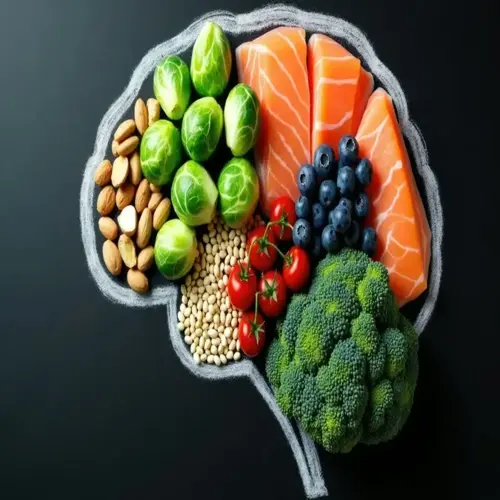Does organic certification ensure better animal welfare?

Written by
Gina Mason
Reviewed by
Prof. William Dalton, Ph.D.The organic certification process demonstrates significant animal welfare gains over conventional agriculture. Livestock benefit from outdoor access to pastures instead of permanent confinement. Chickens are spared painful beak-trimming practices. Cows feed on pasture without synthetic growth hormones. These practices establish more natural living conditions.
Living Conditions
- Minimum pasture access: 120 days/year for ruminants
- Prohibition of battery cages for poultry
- Bedded resting areas meeting space requirements
- No permanent tethering or isolation practices
Health Management
- Routine antibiotics prohibited for disease prevention
- Growth hormones completely banned
- 100% organic non-GMO feed required
- Stress reduction during transport and slaughter
The mandatory pasture grazing requirement means better living conditions for animals. Cows will have a minimum of 120 days a year of pasture grazing outdoors. Poultry will have access to outdoor ranging areas, allowing them to exhibit more natural behaviors. The regulations will eventually eliminate the use of all confinement systems. Your choice supports the ethical treatment of animals.
Health management eliminates preventative antibiotics and growth hormones. Animals receive treatment only when sick, with extended withdrawal periods. Feed contains no animal byproducts or GMOs. These measures reduce antibiotic resistance risks. Your food becomes safer.
Humane handling encompasses both transport and slaughter. Organic certification requires stress reduction protocols during transportation. Facilities must work to avoid unfamiliar animals being mixed. Stunning takes place before processing, while still being effective. These procedures promote dignity throughout the animal's life.
Read the full article: Organic Food Advantages: Essential Benefits Revealed

